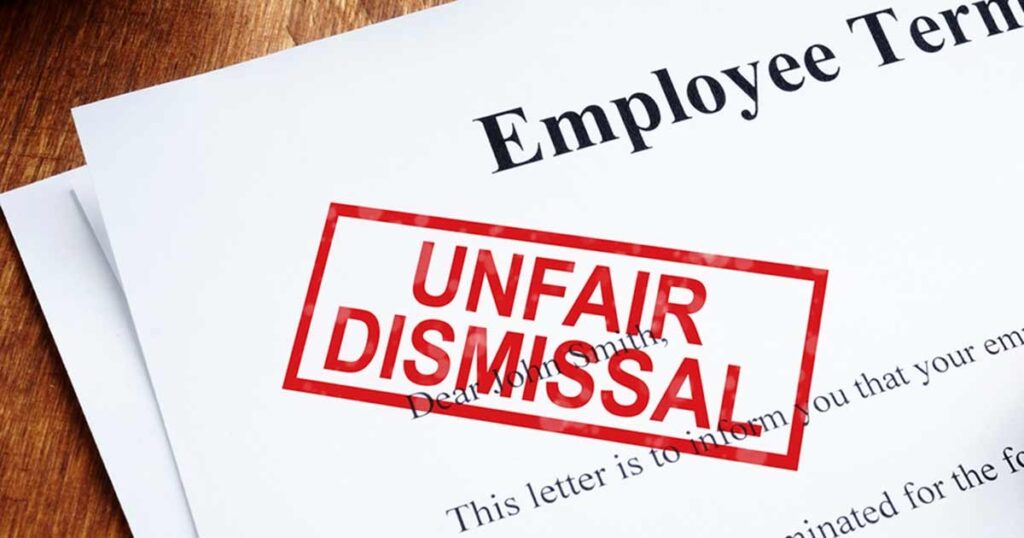Hiring an Employment Litigation service in Canada is an excellent way to ensure that your business is protected. However, there are many factors that you should consider when hiring an employment attorney. These factors include the duty of honesty in employment contracts, the compensation and bonus agreements, and COVID-19 changes to the terms of Employment Litigation. Luckily, there are many employment lawyers in Canada who can help you with all of your legal needs.
Factors to consider when hiring an employment-litigation service
Experience is an important consideration when hiring an employment-litigation attorney. A lawyer’s experience can be measured by several factors, including years of practice, winning rates, and trial employee Hiring. While most employment-related issues never go to court, it’s important to consider the lawyer’s ability to prepare for the possibility. When considering which employment attorney to hire, you should ask about references, look for cases similar to your own, and consider the communication style.
First, find out whether the lawyer’s fee is reasonable. Most employment-litigation attorneys charge by the hour, and you should avoid hiring them if they ask you to pay in advance. Make sure they specialize in your type of case and find out what kind of experience they have in your type of situation. It’s best to hire a lawyer who has been practicing for a while and has worked on many similar cases.

Duty of Honest Performance in employment contracts
A duty of honest performance is a requirement of a contract that prohibits either party from remaining silent or misleading the other. This principle can apply to employment contracts and other types of agreements. For example, an employer who terminates an employee without cause is under no duty to inform the employee of the decision. But if the employer is intentionally misrepresenting the reason for the termination, he may be liable under the duty of honesty.
The duty of honesty in contract law is an essential concept in the law of contract. It underlies all rights and obligations that arise under a contract. Unlike implied terms, the duty of honest performance cannot be excluded under a contract. Furthermore, it applies to every contract, whether or not it expressly provides for its termination. This principle is often referred to as a “duty of good faith” in legal circles.
Compensation and bonus agreements
In recent years, the courts have acknowledged a preference for not enforcing bonus agreements. These arrangements are often subject to technical flaws in drafting, which can undermine an employer’s attempts to limit their liability. Bonus plans that withhold bonuses after termination are in violation of the Employment Standards Act. Language limiting bonus payments to individuals who are “actively employed” has been found to be unclear. In any event, it is always best to seek legal counsel when negotiating these agreements.
Another area where compensation and bonus agreements are subject to legal action is when an employee is dismissed and is denied their incentive compensation. The Supreme Court of Canada recently rendered a decision on the issue of incentive compensation and bonus agreements. The case has significant implications for employment law in Canada. In particular, it determined that incentive plan compensation can be paid to a terminated employee during a reasonable notice period. While this may seem to be an ambiguous issue, the decision has been interpreted in favor of employers in recent cases.

COVID-19 changes to terms of employment
Employers must be cognizant of the impact of COVID-19 on their workplaces. It’s a good idea to consult the EEOC for guidance on how COVID-19 could impact their workplaces. You can also review a publication by the EEOC, Pandemic Preparedness in the Workplace. It was written during the previous H1N1 outbreak and identifies principles under the ADA and Rehabilitation Act. This guidance has been updated to include COVID-19 information.
COVID-19 has several implementing regulations that address specific aspects of the program. These guidelines address a variety of concerns that employers may face. A.10 outlines what to do if an employee is interested in a COVID-19 accommodation. C.5 addresses employer-imposed start date postponements for pregnant applicants. D.13 provides examples of reasonable accommodation requests from employees and employers. Several of the sections are applicable to employers in all types of industries, such as government-funded or non-profit organizations.
Apart from that if you want to know about Employment Laws For Business Owners then please vsit our Law category













